Search
Search Results
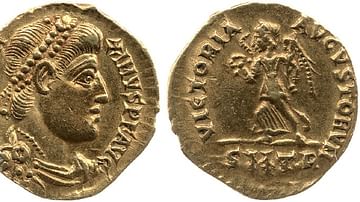
Definition
Magnus Maximus
Magnus Maximus (c. 355 - August 28, 388 CE) was a Roman usurper and Western Roman Emperor from 383-388 CE. He was a prominent general in the Roman army, particularly in the province of Britain. In 383 CE he usurped the Western throne, rebelling...

Image
Magnus Maximus
Gold coin depicting Magnus Maximus (383-388 CE). Minted in Trier.
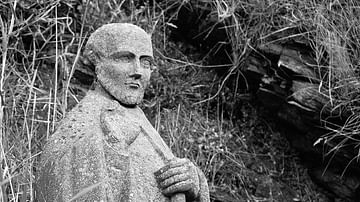
Definition
Gildas
Gildas (c. 500-570 CE) was a Romano-British monk, known primarily for a work entitled De Excidio et Conquestu Britanniae, translated as On the Ruin and Conquest of Britain. Gildas' work is a polemical sermon recounting British history while...
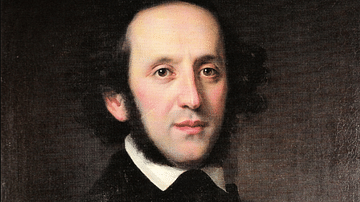
Image
Felix Mendelssohn by Magnus
An oil-on-canvas portrait of Felix Mendelssohn (1809-1847) painted by Eduard Magnus in 1833. (Berlin State Library)
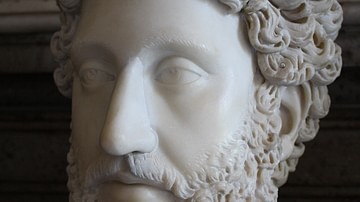
Definition
Roman Emperor
Roman emperors ruled the Roman Empire starting with Augustus in 27 BCE and continuing in the West until the late 5th century CE and in the Eastern Roman Empire up to the mid-15th century CE. The emperors took titles such as Caesar and Imperator...
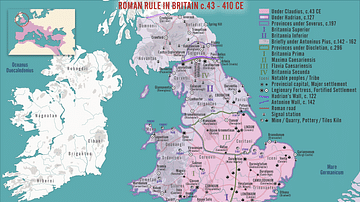
Definition
Roman Britain
Britain was a significant addition to the ever-expanding Roman Empire. For decades, Rome had been conquering the Mediterranean Sea – defeating Carthage in the Punic Wars, overwhelming Macedon and Greece, and finally marching into Syria and...
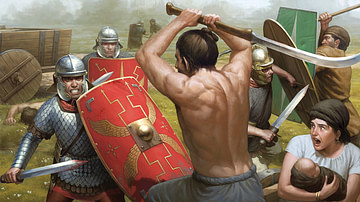
Article
Legions of the Dacian Wars
The Dacian Wars started after Decebalus (r. c. 87-106 CE) raided the Roman province of Moesia in 85 CE. Emperor Domitian's (r. 81-96 CE) Dacian campaigns in 86-87 CE reached an uneasy peace, but the conflict was renewed under the reign of...
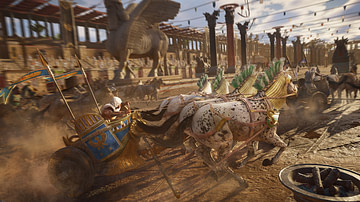
Definition
Circus Maximus
The Circus Maximus was a chariot racetrack in Rome constructed in the 6th century BCE. Used for other events such as the Roman Games and gladiator fights, it last hosted chariot races in the 6th century. Partially excavated in the 20th century...
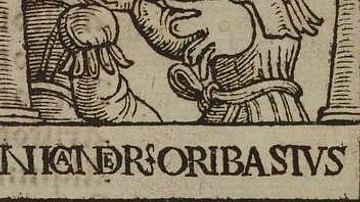
Definition
Oribasius
Oribasius (c. 320-400/403 CE) was the physician and political advisor of the Roman emperor Julian the Apostate (r. 361-363 CE). A native of Pergamon, a rich and powerful Greek city in Mysia, he studied medicine and oratory and belonged to...
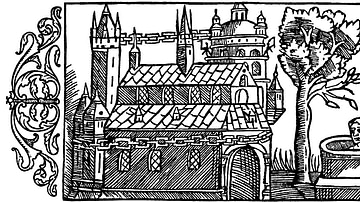
Image
Temple at Uppsala
The Norse Temple at Uppsala dedicated to Thor, Odin, and Freyr, as described by Adam of Bremen and depicted in Book 3 of the Historia de gentibus septentrionalibus by Olaus Magnus, 1555.